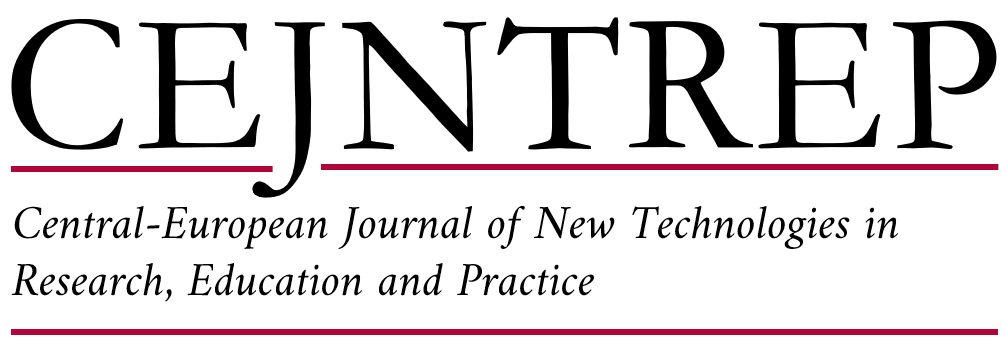Privacy Statement
The data collected from registered and non-registered users of this journal falls within the scope of the standard functioning of peer-reviewed journals. It includes information that makes communication possible for the editorial process; it is used to informs readers about the authorship and editing of content; it enables collecting aggregated data on readership behaviors, as well as tracking geopolitical and social elements of scholarly communication.
This journal’s editorial team uses this data to guide its work in publishing and improving this journal. Data that will assist in developing this publishing platform may be shared with its developer Public Knowledge Project in an anonymized and aggregated form, with appropriate exceptions such as article metrics. The data will not be sold by this journal or PKP nor will it be used for purposes other than those stated here. The authors published in this journal are responsible for the human subject data that figures in the research reported here.
Those involved in editing this journal seek to be compliant with industry standards for data privacy, including the European Union’s General Data Protection Regulation (GDPR) provision for “data subject rights” that include (a) breach notification; (b) right of access; (c) the right to be forgotten; (d) data portability; and (e) privacy by design. The GDPR also allows for the recognition of “the public interest in the availability of the data,” which has a particular saliency for those involved in maintaining, with the greatest integrity possible, the public record of scholarly publishing.
By registering to this journal site you accept the following privacy statement:
- Personal data (e.g. names and email addresses) entered in this journal site will be used exclusively for the stated purposes of this journal and will not be made available for any other purpose or to any other party.
- System administrators, journal managers, and journal editors can also access and edit this data if necessary.
- Your data provided in the “Public“ field of your user profile may be made public on the journal site and/or backend.
- You may recieve e-mail notifications based on your “Notifications“ settings.
- Your submissions (text and metadata) may be shared with submission participants (contributing authors, reviewers and editors) before accepting or publishing your paper.
- After accepting your paper (along with the provided metadata) it may be published under a CC BY licence as part of an issue of the Journal.
- Your data is processed by the publisher of the Journal (Eötvös Loránd University, Hungary).
- In accordance to GDPR if you want to have your data modified or removed or opt-out, please, visit your user profile page or contact the principal or technical support staff of the journal.
Cookie information is collected for the following purposes:
- Manage browser session history (e.g. manage login session)
- To provide usage statistics of the journal site
Copyright, licensing, archiving
The rules detailed below must be accepted by authors submitting a manuscript to CEJNTREP:
- By sending an article to the journal,authors confirm that the article is their own original intellectual product and that no rights of a third party are harmed by the publication. In case of any claim by a third party, authors take full responsibility including any financial consequences.
- Authors’ name(s), e-mail address (preferably institutional), and their institutional affiliation are made available on the website.
- Authors are allowed to distribute their article in the same version as the one published in the journal by acknowledging this as initial publication. Authors are free to share their work on online platforms.
- The copyright of articles published in the journal remains with the author. The journal has the right of first publication. The published work is licensed under CC BY licence.
- Articles published in the journal are archived in the Digital Institutional Repository (EDIT) of Eötvös Loránd University (ELTE). This repository provides storage for documents and archives related to the institution, enabling users to search and browse in collections within certain categories.
 Copyright ©Central-European Journal of New Technologies in Research, Education and Practice, 2019-2023
Copyright ©Central-European Journal of New Technologies in Research, Education and Practice, 2019-2023